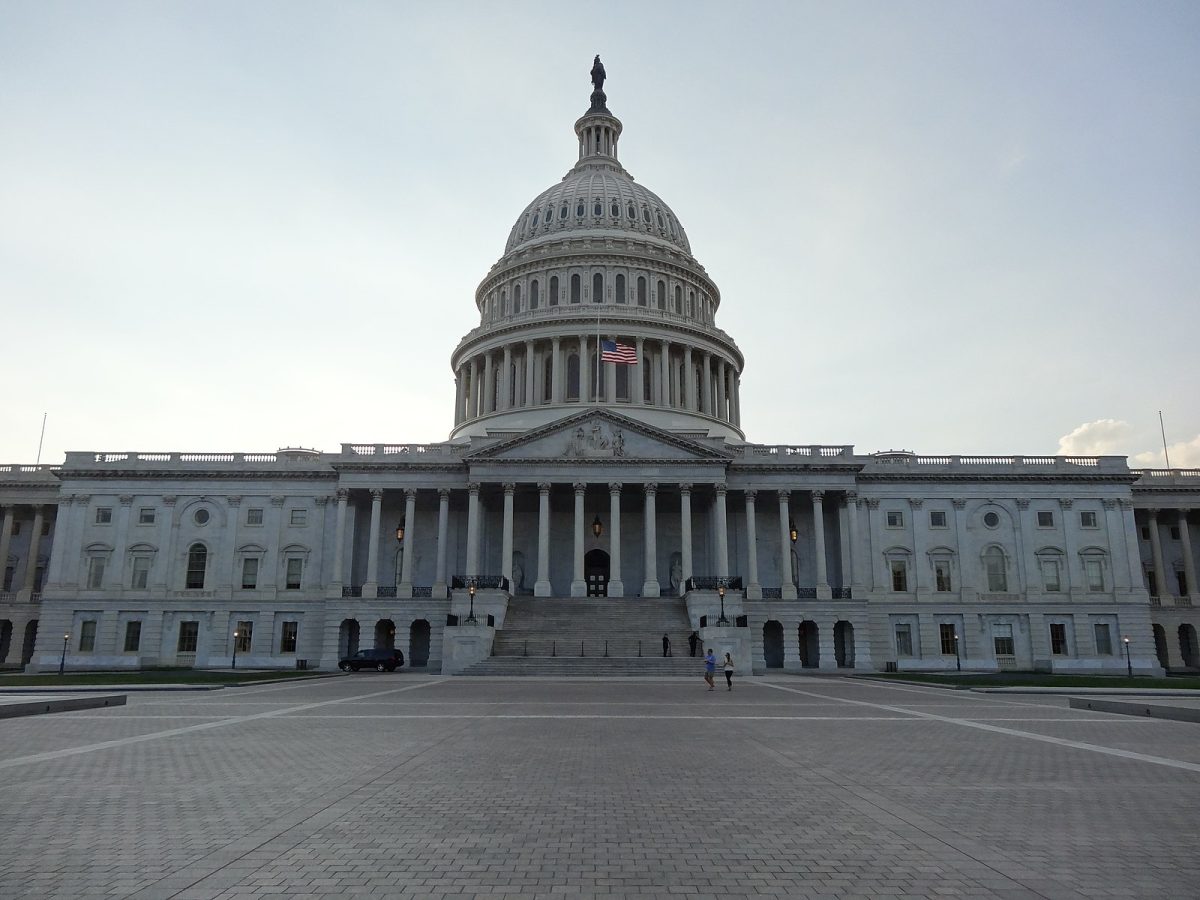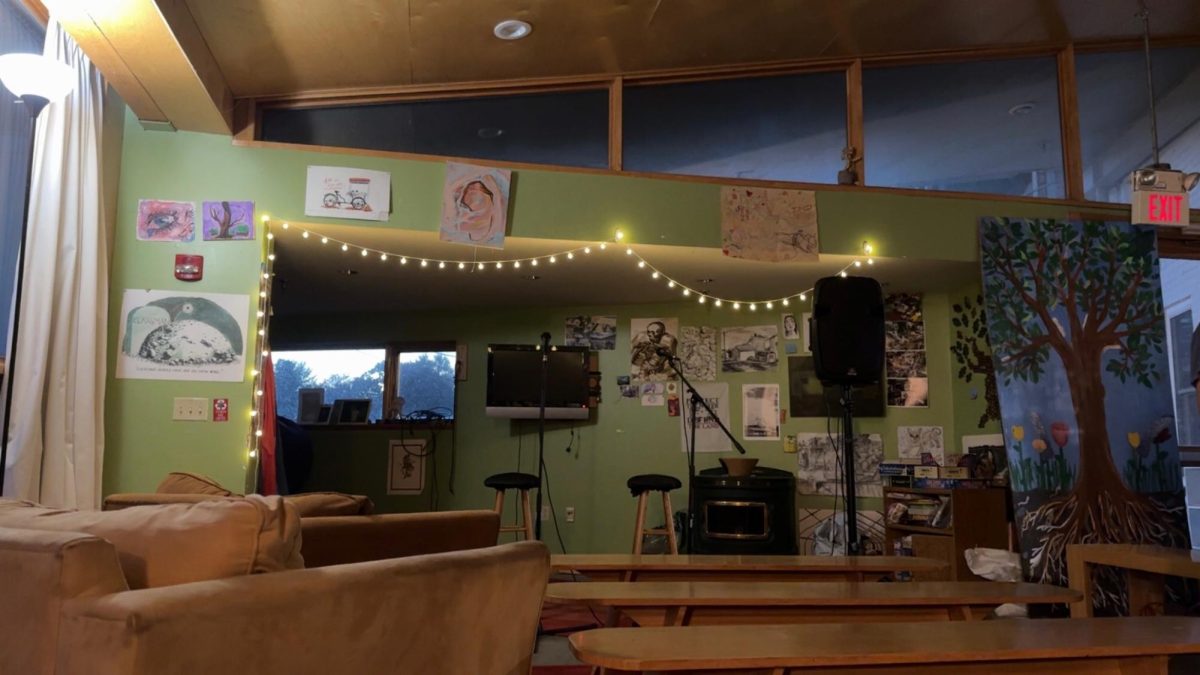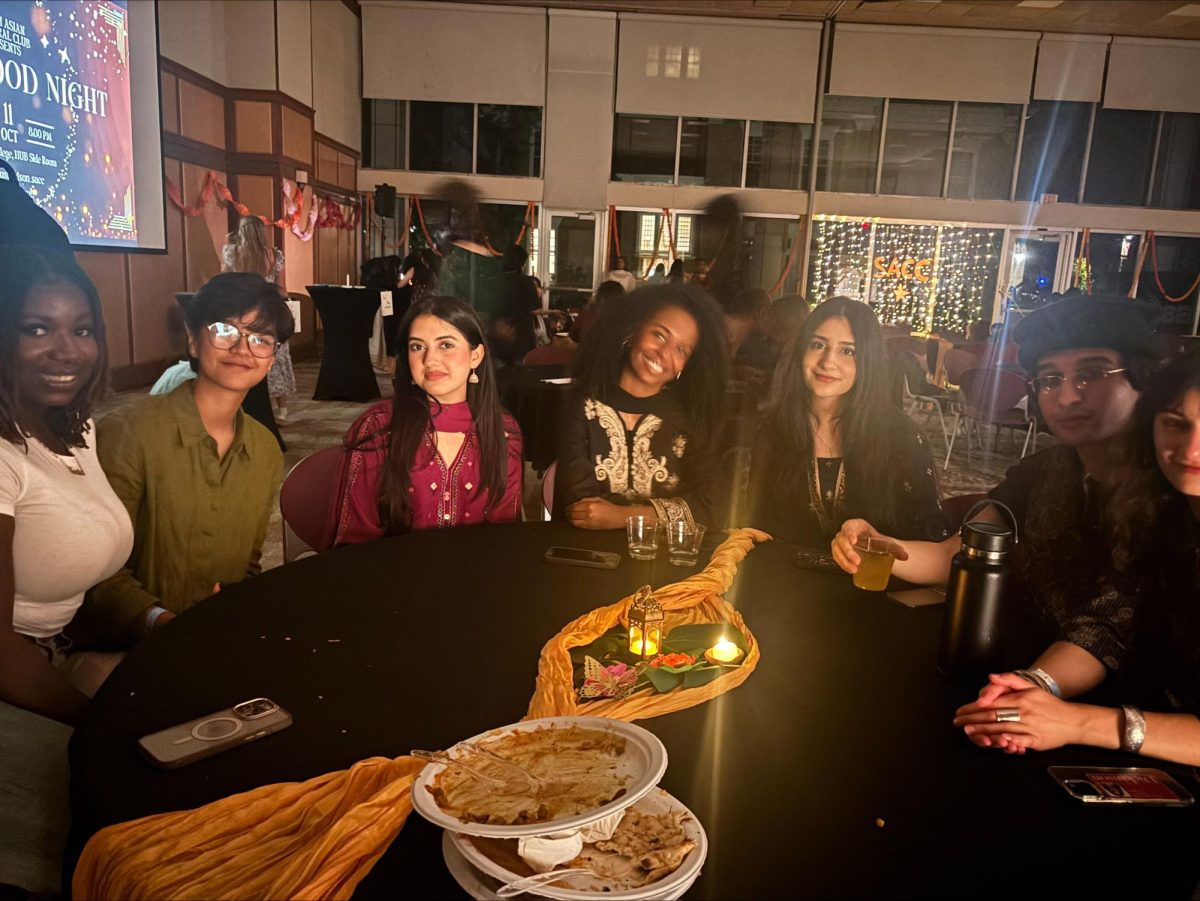While the rest of their classmates updated their Facebook statuses and refreshed their twitter feeds, 30 Dickinson students went “off the grid” this past weekend.
The challenge was an assignment for students in the “Living in a World of Technological and Scientific Advances” learning community, taught by Erik Love, Assistant Professor of Sociology, and Sarah St. Angelo, Assistant Professor of Chemistry. The students in the learning community turned off all of their electronics, lulled by the dulcet tones of dial-up Internet, on Friday, Sept. 7 at 11:40 a.m. This “Technology Fast,” as Professor Love calls it, continued through the weekend until late Sunday afternoon.
The assignment was meant to force students to take an objective look at how often they come in contact with technology. “[The purpose was not] because we enjoy to antagonize students,” said Love. He hoped that this assignment could reinforce an awareness of how much we rely on technology today.
Professor Love’s First Year Seminar is titled “Technology and Social Interaction.” It explores the different ways that technology has shaped how we interact with society and with the world around us.
Over the semester, students will read a number of novels and articles portraying the world as an internet-dependent society. Professor Love assigned this project to compel the students to, “take a step back, and really reflect on the effect that technology has had on their life.”
These students were not thrilled and were confused when they were first informed of their assignment. What constituted the “technology” that they could not use? The answer to this question was very straightforward: the use of any 21st century technology was strictly prohibited (watching TV and listening to the radio were permitted, however no texting, e-mailing, or checking any sort of internet/social networking site).
Several students had never turned off their iPhones. Other students nervously admitted hesitations in that they might lose some social status if they suddenly went “off the grid.”
Arielle Misrok ’17, one of the students in Professor Love’s seminar, said, “it has been really tempting to use my phone, much more than my computer”. However, Misrok has grown to accept this fasting period, and has even reaped some of the benefits of going without technology.
“I have done a lot more work than I think I would have done if I was allowed to use technology,” she said.
Professor Love ended his First Year Seminar on Friday with an insightful quote from Paul Miller – a man who disconnected himself from the internet for a full year. He said, “By separating myself from the constant connectivity, I can see which aspects are truly valuable, which are distractions for me, and which parts are corrupting my very soul.”





